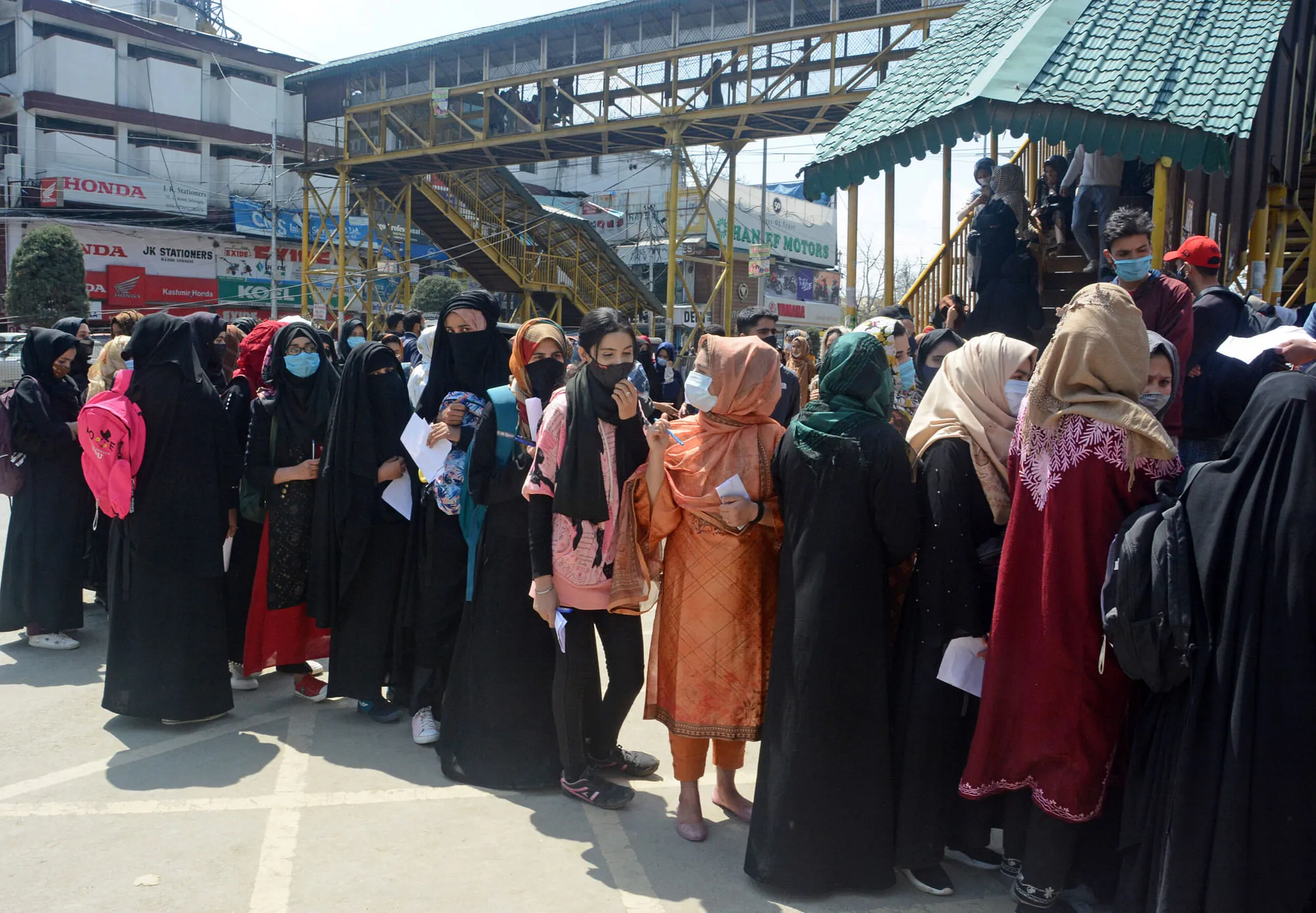The New Education Policy 2020 is envisioned with novel initiatives to transform the higher education sector of the country to match the global knowledge standards and at the same time preserving the rich tradition of multidisciplinary approach of imparting education vested in India’s own educational setup.
In this direction, some recently announced major transforming initiatives by UGC are introduction of de-affiliation system, so that by 2030 the desired college/s achieve academic autonomy, and clustering of colleges for sharing of students, infrastructure, and resources for attainment of multidisciplinary setup.
This is expected to be fulfilled by transformation of single stream higher educational institutions (SSHEI’s) into multidisciplinary higher educational institutions (MDHEI’s) in the country. In this regard the UGC has recently published guidelines for “transforming higher education institutions into multidisciplinary institutions” and “clustering of colleges” (September 02, 2022). This is going to be achieved as highlighted below:-
Transforming existing SSHEIs (Universities) into Large Multidisciplinary Universities (LMU’s) which would function either as Research intensive (RIUs) or Teaching intensive (TIUs)] as envisioned in NEP 2020.
Integration of professional and vocational education with academics in every HEI.
Integration of research, innovation and technology for quality education in every HEI.
Transforming existing affiliated type degree colleges (ATDC’s) into multidisciplinary degree awarding autonomous colleges. Therefore, a transition from affiliation system to autonomous system is expected to boost the individual as well as institutional autonomy in the coming time.
This is further expected to transform the domain specific standalone HEI’s with the abolition of rigid boundaries and adoption of academic mobility. This will be finally visible through transforming existing affiliated colleges into Degree Awarding Alone/Single Autonomous Large Multidisciplinary Institutions (SAMDI).
Another aspect of this transformation phenomenon will be transforming existing affiliated colleges into Cluster of Colleges (CC’s) through cooperation, collaboration and MoU with nearby institutions and finally into a Autonomous Degree Granting Cluster of College (ADGCC). This will involve a three phased transformation featured as A. initial affiliation phase for all member colleges, B. After some initial years, the affiliating university may affiliate the cluster of colleges as a single affiliate unit (affiliated transformation phase) and finally C. Graded autonomy phase to emerge as ADGCC.
The eligible institutions for such a cluster of colleges shall be single stream and multidisciplinary institutions with poor student enrollment, lack of employment oriented courses, lack of innovative multidisciplinary courses (MDC’s) and lack of financial resources (LFR’s). Interestingly, in the case of private colleges forming a cluster, the trust/society/company which runs the college must be charitable and non-profit body.
The uniform Board of Directors, Academic Council, Finance Committee, Curriculum Development Committee to govern the academic, financial and administrative matters of member colleges in a cluster will be the new bodies to be established in such a cluster of colleges irrespective of it being privately managed or by Govt.
It is further clarified that the physical proximity of the participating institutions (in a cluster) should be such that they can share physical and human resources and ensure easier student and faculty mobility.
At the same time a provision has been kept that a college may also chose to become a constituent part of a University if it fails or is not able or eligible to be part of the would be formed cluster or if the affiliating University decides so of its own. Finally such a constituent college or colleges shall broaden the academic standards of a university towards multidisciplinary studies and degree granting.
However, this is not possible unless and until the strengthening of Institutional infrastructure and addition of new departments/subjects of a multidisciplinary and an autonomous HEI is carried out as per the needs and specifications of such an institution.
Merger/Integration of SSHEIs with other MDHEIs under the same management or different managements to enhance their programmes for awarding discipline specific degrees (DSD’s). They can also add more programmes/subjects and move towards awarding collaborative dual-major programmes/degrees (CDMD’s) e.g. BA-BEd, BA-LLB, BA-BSc, etc. through MoU.
Collaboration between two institutions for the award of dual degree (first degree at the host institution) and (second degree at the partnering institution) through MoU and with the approval of the affiliating university, regulatory bodies, Govt’s, etc.
Conclusion
The guidelines emphasise that large multidisciplinary HEIs to be established in every or near each district by 2030 & by 2035 all affiliated colleges to become Degree Awarding Multidisciplinary Autonomous Institutions.
Pertinently, the dispersed creation or burgeoning of degree colleges in J&K/or for that matter in the whole country in the recent past although has resulted in the increase the number as well as near the door facility to pursue higher education for the aspiring youth, but due to lack of the requisite basic physical infrastructure, classrooms, laboratories and human resource has not so far been useful to achieve the basic targets of student enrollments and imparting of quality education featured with skills and innovation.
Therefore, these guidelines provide the ample opportunity to integrate all nearby colleges (preferably within a radius of few kilometers enabling mobility of staff, teachers and students) into cluster of colleges (at least one or two in each district) initially and later into autonomous cluster college so as to enable the efficient use of facilities and resources and achieving the targets of autonomy and multidisciplinary education.
Dr. Khurshid Ahmad Tariq, Deputy Controller Examination, Coordinator NAD Academic Bank of Credits, Islamia College of Science & Commerce
DISCLAIMER: The views and opinions expressed in this article are the personal opinions of the author.
The facts, analysis, assumptions and perspective appearing in the article do not reflect the views of GK.






